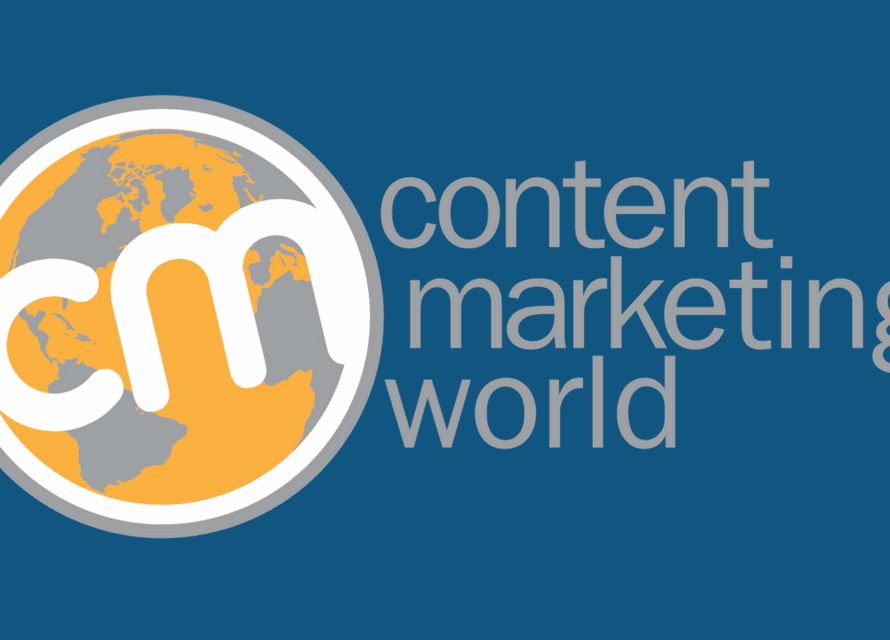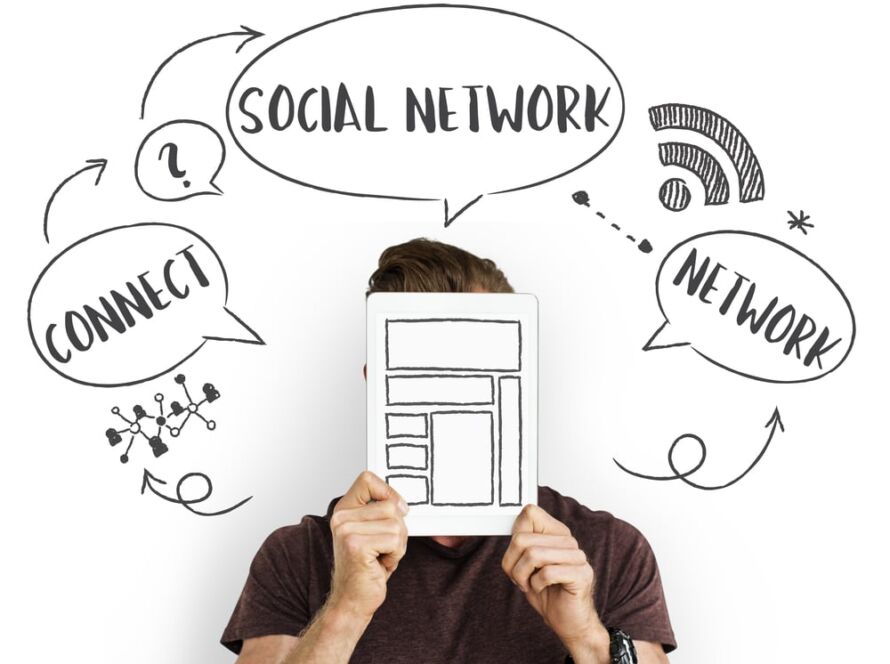We all know the value of a powerful headline. Modern readers’ attention spans are notoriously short, so if your headline doesn’t capture their immediate interest, you might as well have no article at all. Catchy headlines are a necessity these days, and some have even argued that the headline of your article is more important than the article itself.
Unfortunately, the importance placed on headlines has led to some questionable practices in the content marketing community. Desperate to attract attention for their writing in whatever ways they can, writers and marketers concoct sensationalized headlines that deviate from the topic or resort to cheap tricks that make readers feel cheated or put off. These gimmicks might earn you a few dozen extra clicks in the short term, but if implemented consistently, they can ruin your brand’s reputation.
Seizing reader attention is important, but not at the cost of your business’s image. When creating your headlines, stay away from these seven dubious tactics:
1. Implying a Threat Where There Isn’t One
Readers are often driven to articles (or landing pages, for that matter) because of a sense of urgency. If a headline implies an article isn’t very important, it has a very low likelihood of being clicked. The extreme opposite, however—trying to imply that there is a threat to the reader when there isn’t one—is a surefire way to lower your reputation.
For example, if a new study finds that a small percentage of bananas have a strain of relatively harmless bacteria, the headline “Deadly New Bacteria Found in Common Household Food” would imply a threat that simply isn’t there. It creates a “cry wolf” scenario; once the reader finds the headline to be untrue, they’ll be unlikely to trust you again.
2. Strongly Picking a Side of a Controversial Issue
There’s a caveat to this gimmick. In reality, picking a side of a controversial issue can be very beneficial for your reputation. It shows integrity and strengthens your identity, but only if you commit to your position through logical argument and substantial content.
Deeply committing to one side in your headline immediately alienates half of your audience and forfeits any chance of winning their respect through the strength of your content, so be sure it’s something you’re ready to stand behind or don’t pick a side at all.
For example, the headline “Social Welfare Programs Need to End. Period,” would only harm your reputation, but rephrasing it as a question (“Do All Social Welfare Programs Really Need to End?”) takes a more neutral approach.
3. Using the Word “Secret”
There are certain innocuous uses of the word “secret” in headlines that can be permissible—such as when “Top Entrepreneurs Share Their Biggest Secrets” or something else that downplays the significance of the secrets themselves.
“Secret” becomes a problem when it’s played up as the only reason to click on the article in the first place. For example, using the title, “This Deeply Hidden Secret is About to Change Your World” for an article about cupboard organization barely warrants such strong wording.
Using headlines to tease your content is a good way to attract some extra links, but when you exaggerate the significance of your material to this degree, you’ll only end up disappointing your readers and damaging your reputation.
4. Making Bold or Unsubstantiated Claims
Outright lies in your headline will damage the public perception of your plan—I would hope this much would be obvious. But making bold exaggerations or citing possible facts as absolute can do just as much damage.
For example, introducing a new medical technique by stating “This New Technique Has Saved Thousands of Lives” without empirical evidence to back up your facts will do more harm than good. Readers will actually turn against you when they click through and see nothing of value or significance (or truth) on the other side.
5. Suggesting Content That Isn’t in Your Article
Thankfully, this technique is being used less and less. Since Google, Facebook and other publishers are using bounce rates to indicate the level of authority in a given piece, inappropriate titles naturally work themselves out of circulation.
Still, if you use irrelevant titling for your piece and start attracting clicks, you may find that your readers leave with a negative perception of your brand. This gimmick is easy to avoid; just make sure your article title is relevant to the content it headlines.
6. Using the Phrase “You Won’t Believe”
This phrase, in its many forms, has come to represent the entire “clickbait” phenomenon. Titles like “A Dog Walks Up to a Little Girl—You Won’t Believe What Happens Next,” or “You Won’t Believe What Doctors Have Been Keeping From You Your Whole Life,” are alternative forms of the “secret” problem I mentioned above. They imply a level of significance and urgency to an article that probably isn’t there, and readers click through seeking only to satisfy a fleeting curiosity. When the content doesn’t live up to their expectations—and most of the time, it won’t come close—they leave, and they’ll be far less likely to ever trust your brand again.
7. Using the Word “Click”
This, too, is becoming an antiquated practice. Google explicitly forbids the use of the word “click” in its PPC advertising as well as headlines that make it to its News section. Similarly, Facebook and other syndication platforms are weeding out content that contains the word click. Based on sight alone, many users will instantly get a bad impression of your brand if you try to entice more clicks directly. It’s a form of cyber-begging that comes off as desperate and annoying.
Don’t be afraid to use simple tricks to make your headlines stand out—compelling action words, short phrasing, and numerical references are just a handful of examples of healthy tactics. The problem comes when the structure of your headline takes precedence over the quality of your content. Extra attention is good, but only when your brand’s standing is positive, so keep your reputation as the ultimate priority in your content marketing strategy.




